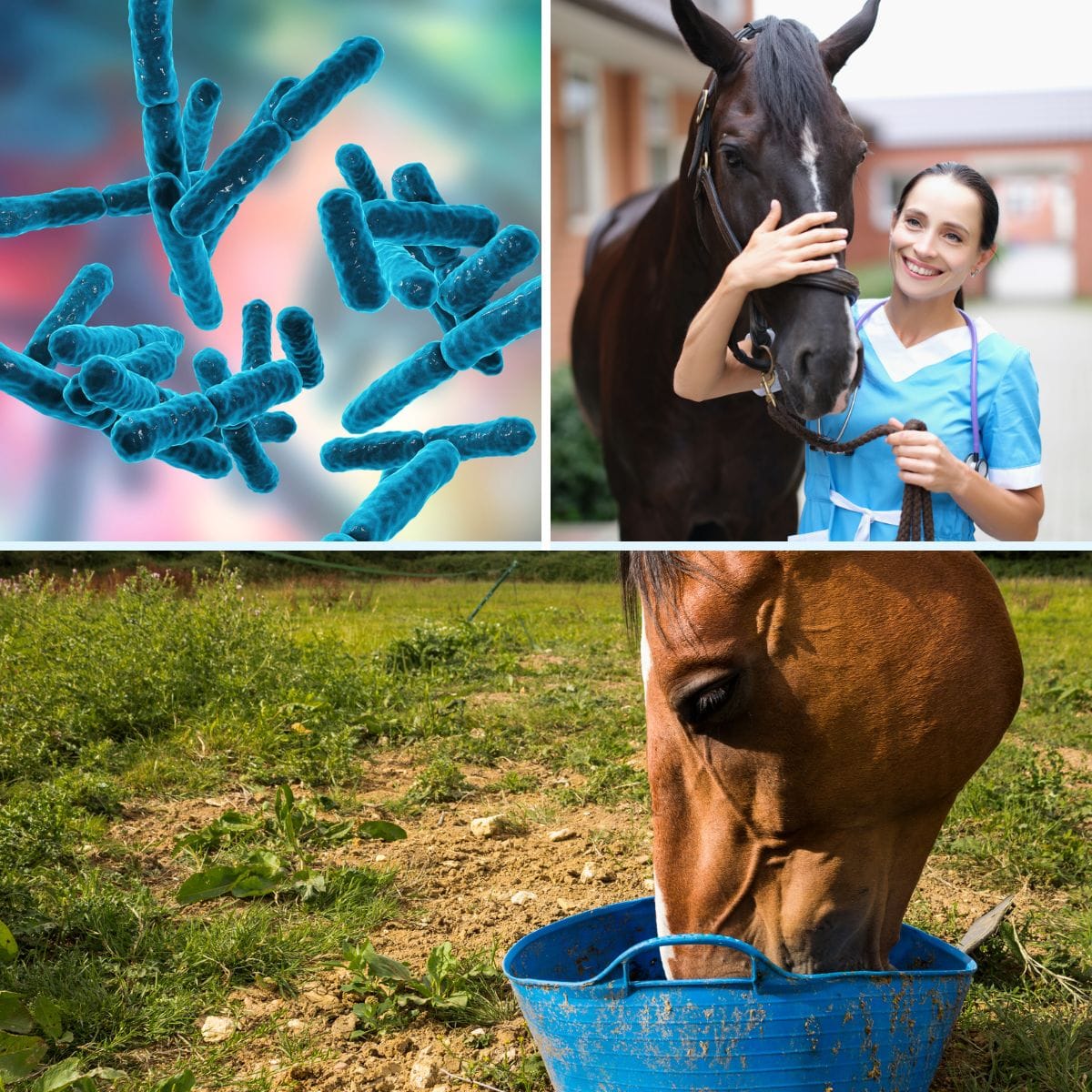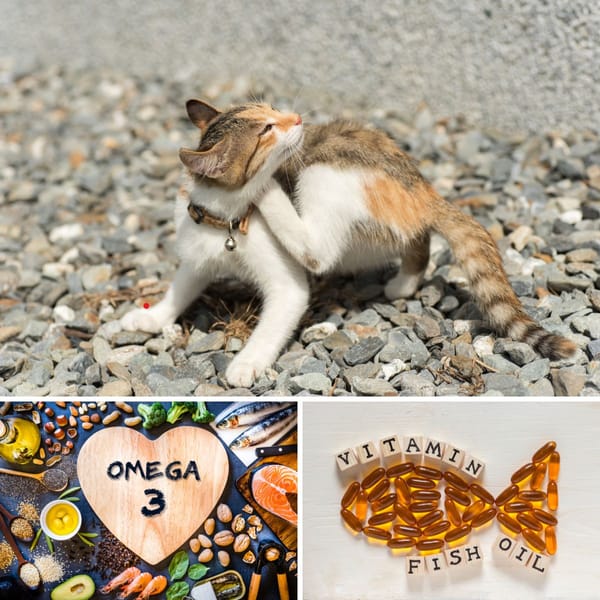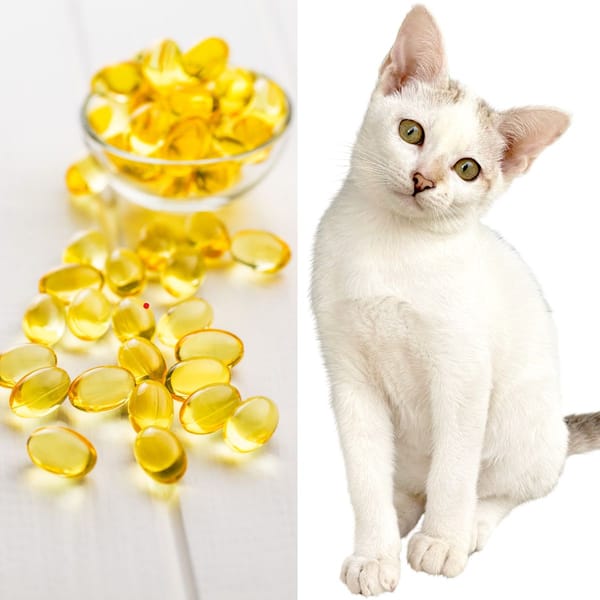Key Takeaways:
- Recognize the signs that your horse may need probiotics, such as changes in stool consistency, mood, or appetite.
- Understand the role of probiotics in maintaining a healthy gut microbiome and supporting your horse's overall health.
- Learn when to consult with an equine nutritionist or veterinarian about incorporating probiotics into your horse's diet.
Probiotics have become a buzzword in both human and animal health, and horse owners are no exception to this trend. Understanding when your horse might need probiotics can be crucial for maintaining their health and well-being. But how do you know if your horse needs probiotics? This article will guide you through the signs to look out for, the science behind probiotics, and how they can benefit your equine friend.
The Importance of a Healthy Gut
The digestive tract of a horse is a complex ecosystem where a delicate balance between good and bad bacteria is essential for health. Beneficial bacteria in the gut, also known as gut microbiota, play a pivotal role in breaking down food, producing vitamins, and protecting against pathogens. When this balance is disrupted, it can lead to digestive upsets and affect the horse's overall health.
Signs Your Horse May Need Probiotics
One of the first indicators that your horse might need probiotic supplements is a change in stool consistency. Loose stools or diarrhea can suggest an imbalance in the gut bacteria. Additionally, if your horse is showing signs of moodiness, lethargy, or a decrease in appetite, it could be a sign that their digestive health needs attention.
Probiotics and Your Horse's Immune System
A healthy gut is a cornerstone of a strong immune system. Probiotics for horses can support gut health by adding live bacteria to the gut environment, which can help fend off harmful bacteria. If your horse has recently undergone antibiotic treatment, probiotics can help restore the healthy balance of gut bacteria that antibiotics may have disrupted.
The Role of Diet in Gut Health
What you feed your horse plays a significant role in maintaining a healthy gut. A balanced diet rich in essential nutrients is crucial for optimal digestion. If your horse's diet is lacking, or if they are under digestive stress, probiotics can help improve nutrient absorption and support efficient digestion.
Understanding Probiotics for Horses
Probiotics work by introducing beneficial live bacteria into the horse's digestive system. These bacteria help maintain a healthy balance in the gut microbiome, which is vital for breaking down food and absorbing nutrients. Probiotic supplements often contain specific bacterial strains known to be beneficial for equine health.
When to Use Probiotics
Horse owners might consider probiotics during times of stress, such as travel, competition, or illness, which can all affect gut motility and the balance of gut microflora. Probiotics can also be beneficial for older horses, which may have a less resilient digestive system, or for horses with conditions like leaky gut syndrome.
Choosing the Right Probiotics
When selecting probiotics for horses, it's essential to choose products that contain live bacteria and are formulated specifically for equine use. Kentucky Equine Research and other reputable organizations offer a range of probiotic supplements designed to support horse health.
The Science Behind Probiotics
Probiotics play a role in producing short-chain fatty acids, which are crucial for gut health. They also help maintain the integrity of the gut lining, preventing conditions like leaky gut syndrome. By supporting the gut wall, probiotics can contribute to a stronger immune response and better overall health.
Probiotic Supplement Integration into a Horse's Diet
Introducing a probiotic supplement into your horse's diet isn't just about dumping a scoop of something into their feed and hoping for the best. It's about understanding the unique needs of your horse's digestive system and how these supplements can enhance their gut health. Probiotics, often referred to as direct-fed microbials, can help populate the horse's gut microbiota with beneficial bacteria that produce substances like lactic acid, which can aid in maintaining a healthy pH in the large intestine. This is particularly important for horses that have undergone antibiotic treatment or have experienced digestive disruptions.
But it's not just about the gut; there's a fascinating connection known as the gut-brain axis that suggests a horse's behavior could be influenced by their gut health. A horse owner might notice that after introducing a probiotic supplement, their horse seems more at ease, which could be due to the improved balance in their gut microbiota. It's a complex interplay that equine nutrition researchers are still unraveling, but the potential health benefits for stressed horses are too significant to ignore. By carefully incorporating these supplements into a horse's routine, owners can support their horse's overall well-being.
Probiotics' Influence on Horse's Gut-Brain Axis
You've probably heard about the gut-brain axis in humans, but did you know it's a thing in horses too? This fascinating communication network links your horse's gut health directly to its mood and behavior. When the gut microbiota is out of whack, it can lead to a grumpy, anxious, or even depressed horse. Probiotics can help balance the gut microbiota, which in turn, may produce a happier and more focused horse. It's like a mood enhancer that works from the inside out!
Now, let's get a bit science-y. The gut-brain axis involves a bunch of complex pathways, including neural, hormonal, and immune routes. When horse probiotics are introduced, they can help produce lactic acid and other substances that have a positive impact on these pathways. This doesn't just support your horse's digestive system; it can also influence its overall demeanor. So, if your horse seems a bit off, it might be time to consider what's going on in its belly.
Incorporating Probiotics into Your Horse's Routine
Making probiotics a part of your horse's routine doesn't have to be a hassle. In fact, it can be as simple as adding a scoop of a probiotic supplement to your horse's diet. But here's the kicker – consistency is key. Just like with our own health, sporadic efforts tend to yield sporadic results. Aim for a daily dose to maintain a stable environment in your horse's gut microbiota, which can lead to better health and performance.
When you're shopping for a probiotic, look for the term "colony forming units" or CFUs. This tells you how many beneficial bacteria are present and ready to get to work in your horse's digestive system. The higher the number, the more potent the probiotic. But remember, more isn't always better. It's important to follow the recommended dosage and to observe how your horse responds to the probiotic to ensure it's the right fit for its health and lifestyle.
The Role of Probiotics in Nutrient Absorption and Deficiencies
When it comes to equine nutrition, the ability of a horse to absorb nutrients efficiently is paramount to their health. A horse's small intestine is where most of the nutrient absorption takes place, and the cells lining this organ play a critical role in the process. Probiotics can support these cells, ensuring that they function optimally. This is especially beneficial for adult horses that may be prone to nutrient deficiencies due to age-related changes in their digestive system or for those with a history of weight loss that could indicate malabsorption issues.
Moreover, probiotics can contribute to a more robust immune system in horses. The World Health Organization has recognized the health benefits of probiotics in humans, and similar principles apply to horses. By enhancing the horse's gut health, probiotics can help the immune system better respond to pathogens. This is particularly important for horses that are exposed to stressful conditions, which can compromise their immune response. By ensuring that their diet includes an effective probiotic supplement, horse owners can take a proactive step in maintaining their horse's health and resilience.
Probiotics and Prebiotics: A Synergistic Relationship
Prebiotics are non-digestible fibers that feed the good bacteria in the horse's gut. Using probiotics and prebiotics together can create a synergistic effect, enhancing the growth of beneficial bacteria and supporting a healthy gut environment.
The Impact of Probiotics on Behavior and Performance
A horse's behavior and performance can be directly linked to their gut health. Probiotics can help stabilize mood and improve energy levels by ensuring a healthy gut-brain axis. This connection is vital for a horse's well-being and can influence their ability to perform at their best.
Administering Probiotics to Your Horse
Incorporating probiotics into your horse's routine can be done through dietary supplements or direct-fed microorganisms. It's important to follow the manufacturer's instructions and consult with an equine nutritionist to ensure that your horse is receiving the appropriate dosage and type of probiotic.
Monitoring Your Horse's Response to Probiotics
After introducing probiotics into your horse's diet, monitor their response closely. Look for improvements in digestion, such as more consistent stool quality, as well as positive changes in behavior and appetite. These can be indicators that the probiotics are having a beneficial effect.
The Long-Term Benefits of Probiotics
Regular use of probiotics can offer numerous benefits for your horse's health. By maintaining a healthy balance of gut bacteria, probiotics can contribute to a stronger immune system, better nutrient absorption, and a reduced risk of digestive upsets.
When to Consult a Professional
If you're unsure about whether your horse needs probiotics, it's always best to consult with a veterinarian or an equine nutritionist. They can provide guidance based on your horse's specific health needs and recommend the best course of action.
Probiotics in Foals and Young Horses
Foals and young horses can also benefit from probiotics, which can help establish a healthy gut microbiota early in life. This can be especially important for foals who have experienced digestive stress or have not received adequate colostrum.
The Future of Equine Probiotic Research
Research into equine probiotics is ongoing, with studies exploring how different bacterial strains affect horse health. As our understanding of the equine gut microbiome grows, so too will the effectiveness of probiotic supplementation in supporting horse health.
Summary
Probiotics are a valuable tool for horse owners looking to support their horse's digestive health and overall well-being. By recognizing the signs that your horse may need probiotics, such as changes in stool consistency or behavior, and understanding the role of beneficial bacteria in the gut, you can make informed decisions about probiotic supplementation. Always consult with a professional when in doubt, and monitor your horse's response to ensure they are reaping the health benefits of probiotics.
FAQ Section
Q: How often should I give my horse probiotics? A: The frequency of probiotic administration can vary depending on the product and your horse's specific needs. It's best to follow the manufacturer's recommendations and consult with an equine nutritionist or veterinarian.
Q: Can probiotics cause any side effects in horses? A: Probiotics are generally considered safe for horses, but as with any supplement, there is a potential for side effects. If you notice any adverse reactions, discontinue use and consult your veterinarian.
Q: Are there certain probiotic strains that are better for horses? A: Yes, certain strains of bacteria have been identified as particularly beneficial for horses. Look for products that contain these strains and are specifically formulated for equine health. Consult with an equine nutritionist or veterinarian for recommendations.







